The 20,000-foot view is a broad overview of the company. The owners need to understand how the company’s structure relates to how it will be perceived as an IPO. They also need to have their finances, accounting, and compliance in order.
Is this company a single entity? Then it’s a simple process. But many companies are multiple entities. Where are these entities located? What are their structures and their ownership? Ownership structure can complicate the process and dictates a lot of the preparation for the IPO process. Are these wholly-owned subsidiaries or consolidated? Are they majority-owned or minority-owned?
How have the owners been financing the company so far? Has it been friends and family or institutional? Has it been with equity or convertible debt, and is there preferred stock, warrants, or options? What are all of the terms of these financings so that the company has a capitalization that is structured properly for future investment?
Furthermore, the company needs to understand these issues so it can accurately estimate how complex the audit will be and much time it will take.
Audit-ready financials and regulatory compliance are critical components of the IPO. The company will need to appoint an auditor that will conduct reviews of all material documents and perform detailed testing of financial statement transactions. The financial statements then need to be prepared and incorporated into a registration statement that is filed with the Securities and Exchange Commission, or SEC, who will then examine the company’s disclosures.
Depending on the financial and regulatory environment, there are also specific hot topics with the SEC where they’ll have added focus, including revenue recognition, complex financial instruments, related parties and others. What components make up the company’s revenue and how is it recognized? Revenue needs to be assessed, tested and documented so that the company can confirm that it’s recognizing revenue appropriately under the accounting standards.
For complex financial instruments, what are all of the elements of the company’s equity that could have an impact on the financial statements? How and what are the methodologies under which they are they valued? Are there contingent liabilities not being accounted for on the balance sheet?
With related parties, who are they and what role do they have with the business? What agreements does the company have with these related parties, are the agreements at arm’s length and have they been properly disclosed?
Then there are some rapidly emerging additional requirements such as ESG – environmental, social and corporate governance. This climate disclosure rule proposal from the SEC on March 21, 2022 opens the door for the broadest federally mandated corporate ESG data disclosure requirement ever in the U.S. The aim is to improve the consistency, quality and comparability of company-reported climate-related risks. Is the company preparing for these disclosures?



